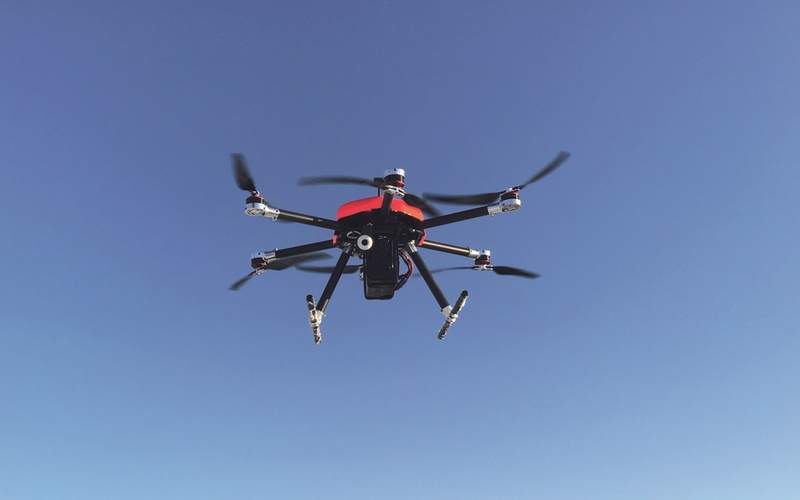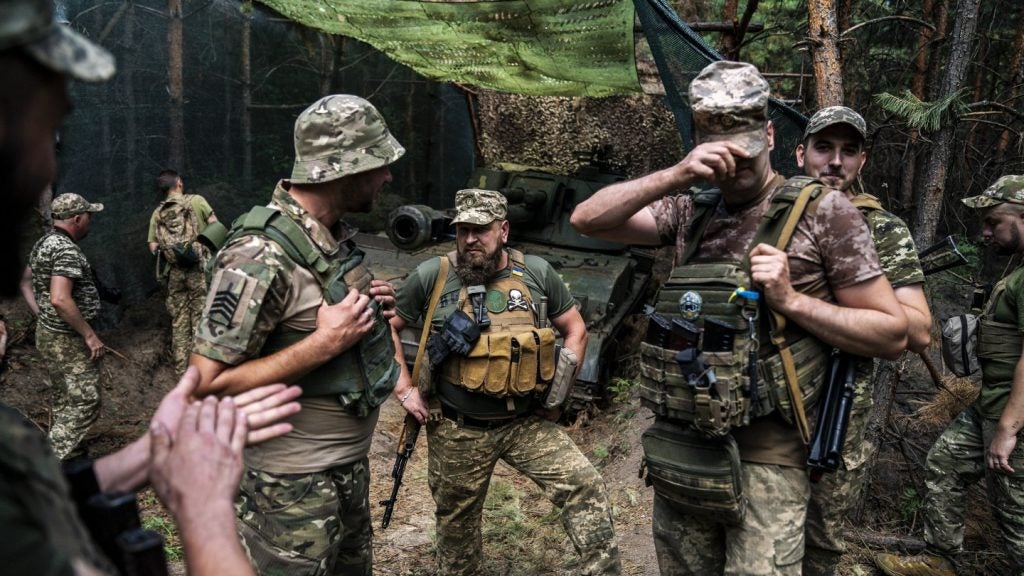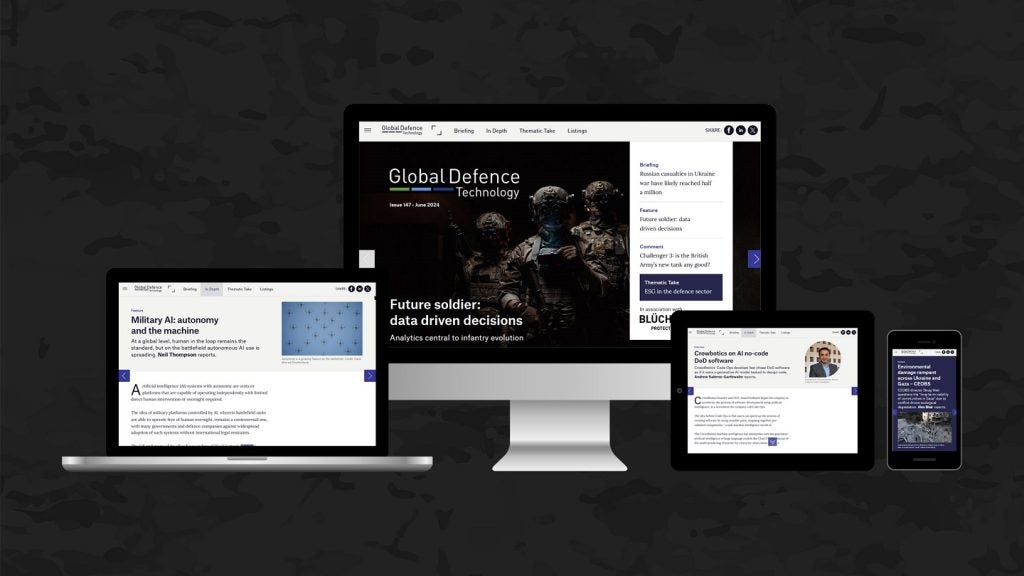
QinetiQ Target Systems (QTS) has launched a new service for the Royal Canadian Navy (RCN) to better tackle and defend the threat posed to large naval vessels by small multi-rotor drones.
The live demonstration of the service, known as Snyper multi-rotor target, was conducted last month from the RCN’s Halifax-class frigate under the unmanned targets repair, overhaul and engineering contract that was awarded to the company in 2015.
Snyper is the first rotary wing target to be operated by the RCN, which currently uses fixed-wing aerial targets and marine surface targets.
The target is designed to help customers tackle threats from small unmanned aircraft or drones. QTS managing director Peter Longstaff said: “Commercially available technologies, like off-the-shelf drones, are becoming more advanced and more accessible to those who wish to use them to cause harm.
“QinetiQ simulates these new and emerging threats to help the armed forces understand how to protect their people and assets. This is part of our global strategy to modernise test and evaluation by introducing innovative and advanced capabilities that help nations maintain their advantage over potential adversaries.”
During the demonstration, QTS flew its Snyper multi-rotor target along with Lockheed Martin’s Indago quadcopter using QinetiQ’s universal target control station (UTCS).
How well do you really know your competitors?
Access the most comprehensive Company Profiles on the market, powered by GlobalData. Save hours of research. Gain competitive edge.

Thank you!
Your download email will arrive shortly
Not ready to buy yet? Download a free sample
We are confident about the unique quality of our Company Profiles. However, we want you to make the most beneficial decision for your business, so we offer a free sample that you can download by submitting the below form
By GlobalDataThe UTCS facilitates the operation of multiple unmanned systems from a single command centre.
RCN DNR-2 Unmanned Systems Section head commander Simon Nadeau said: “The information and results obtained during the demonstration are vital for the RCN’s development of remotely piloted systems use at sea, and the evaluation of ships’ critical defence systems.”






